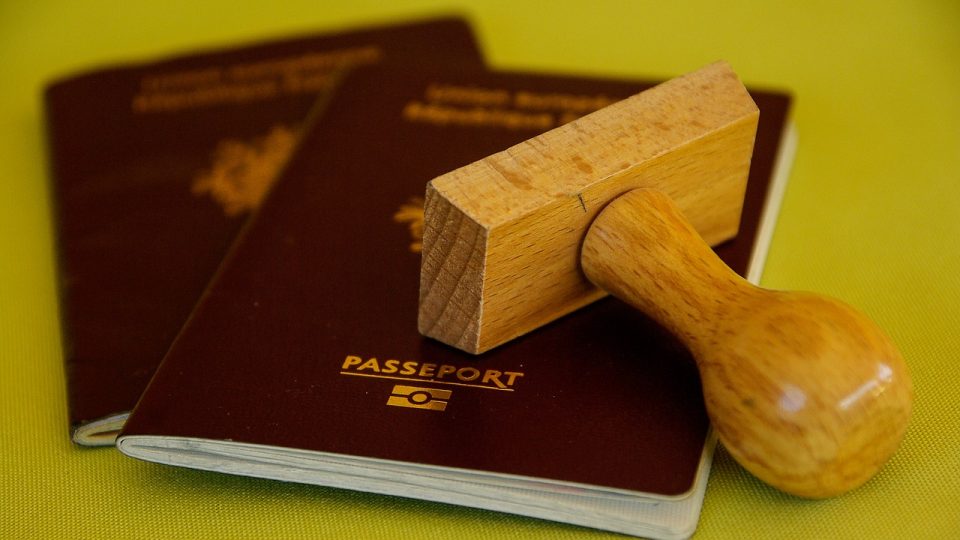The regulations for study stays of less than five months
In recent years, there has always been talk about the so-called “brain drain” from our country to other nations that could give them more opportunities and professional outlets consonant with the studies they have done. Net of the pandemic that has been afflicting the entire Globe since the early 2020s, it is interesting to analyze the actual pre-Covid data: in the decade 2008-2018, about one million compatriots moved abroad, with as many as 130,000 in 2019 alone, a growth over the previous year of almost 10 percent.
The problem should be considered not only from the purely numerical point of view of exits, since emigration takes place in higher numbers in, for example, France and Germany, but from the too low numbers of those coming to our territory.
How many students come to study in Italy?
Based on Eurostat data, it turns out that only 5.6 percent of those enrolled in Italian universities come from abroad, a figure far below the European average-which stands at between8 and 9 percent-at an abysmal distance from other countries in which the presence of foreign students stands at even more than 30 percent of total enrollment.
It goes back up a few places by taking into consideration Master’s and Doctoral programs that take advantage of the presence of 16 percent foreign students, but still within striking distance of countries such as France, Germany and the United Kingdom.
What are the steps to follow to come to Italy to study?
Most foreign Non-EU students who wish to study in Italy, for a bachelor’s, master’s or doctoral degree program, need to apply for a Visa and Residence Permit once they arrive in our cities.
There had always been a question about the need to apply for the Permit, for students staying in Italy for a period of less than 150 days.
The
In this case,Art. 38 of the Consolidated Immigration Act has been supplemented, which now states:
“Art. 38-bis (Provisions on short-term stays for students of branches in Italy of foreign universities and colleges of higher education at the university level). – 1. The provisions of Law May 28, 2007, no. 68, shall apply to students of branches in Italy of universities and colleges of higher education at the university level referred to in Article 2 of Law No. 4, in the event that the stay in Italy of the said students does not exceed one hundred and fifty days. The provisions of Article 6, paragraph 8, of this Consolidated Text shall apply.
2. In the cases referred to in Paragraph 1, the declaration of attendance shall be accompanied by a declaration of guarantee by the legal representative of the filiation or his delegate who undertakes to notify within forty-eight hours the territorially competent quaestor of any change regarding the student’s attendance during his stay for study purposes. Violations of the provisions of this paragraph shall be subject to the administrative penalty set forth in Article 7, paragraph 2-bis.”

